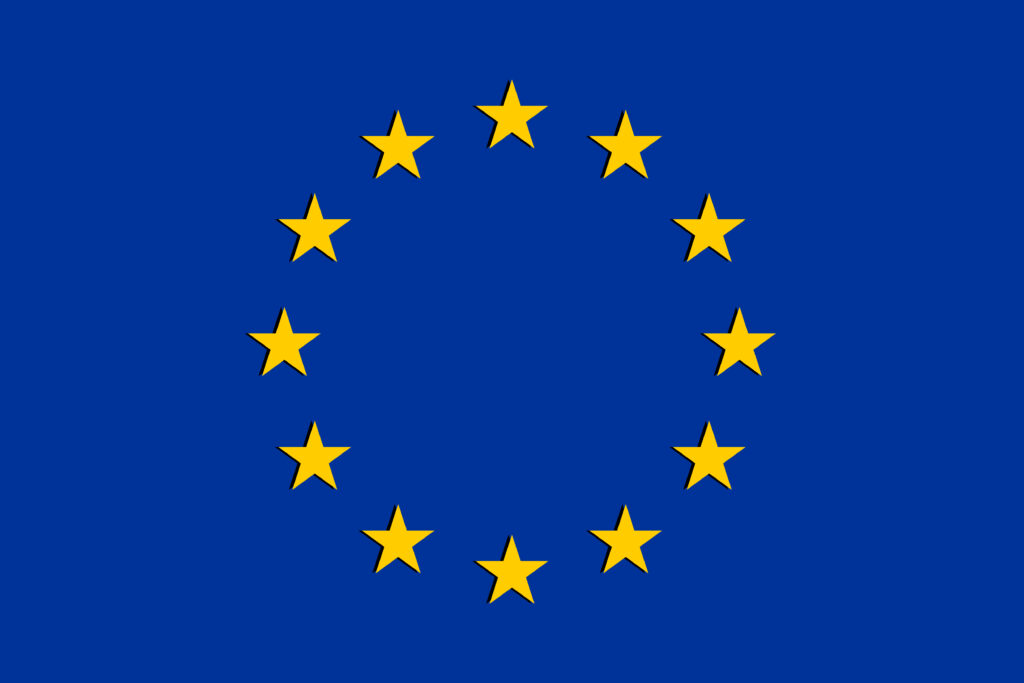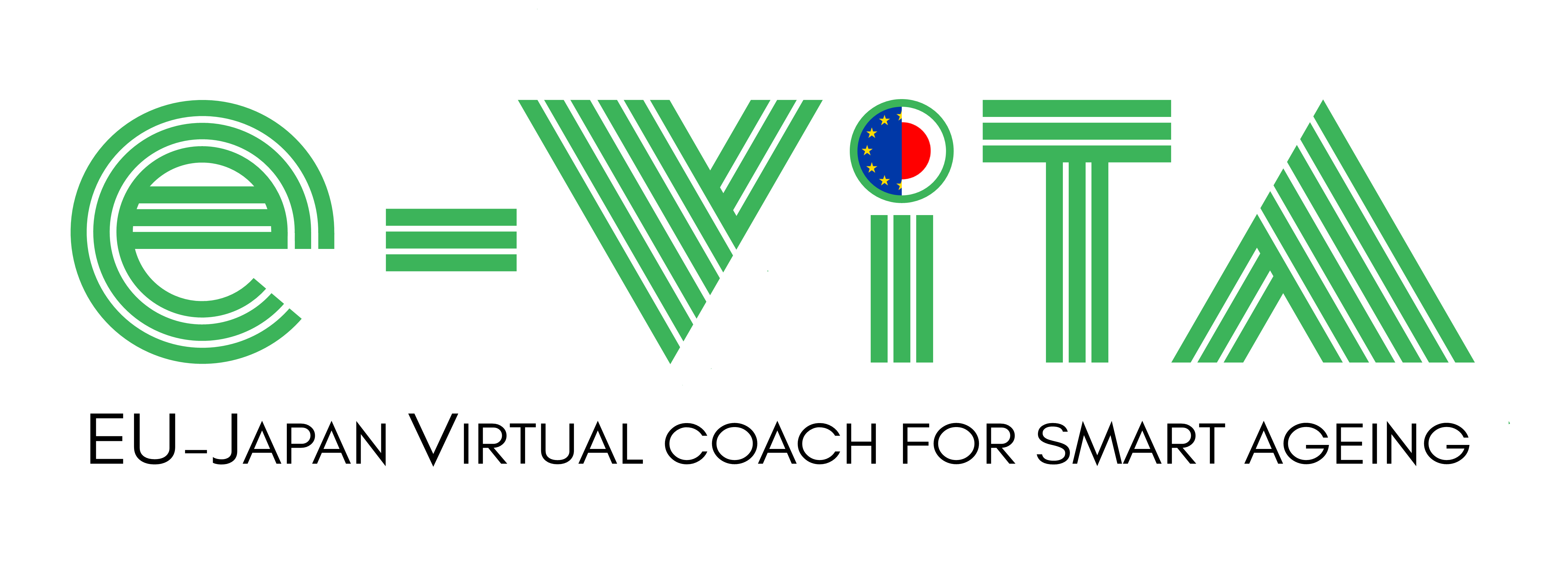Interview with Elisa Irlandese
Elisa Irlandese is the European Policy Officer representing e-Vita within the European Commission department DG CONNECT, the Directorate‑General for Communications Networks, Content and Technology. Elisa Irlandese is in charge of the eHealth, Well-Being and Ageing policies.

She kindly accepted to give an interview for the press office of the University of Siegen.
What is your specific job in the project?
I am the project officer who will be following the management of the project e-VITA throughout its whole life cycle from the European Commission side.
Why is the project so relevant in your personal opinion?
The project is so relevant because, at a time when Europe is embarking on a twin ecological and digital transition, responding to the impact of demographic change on people through digital transformation of Health and Care provision is necessary. Digital technologies can play a key role when addressing these challenges and, especially those aimed at creating smart living environments for ageing people.
For the older people citizens, digital technologies harbour the chance to better monitor their health status independently, empower them to cope with comorbidities, loneliness and improve their mental health. But for these to be successful, one necessary condition is to ensure users’ acceptance, which in turns requires bringing the users to the centre of the design which is what e-VITA will try to achieve.
Both the EU and Japan consider ageing of the population to be an opportunity rather than a drawback, and through cooperation projects such as e-e-VITA, we wish to find solutions to empower older people citizens live fulfilled lives within their communities through the help of innovative solutions. In this context, digital solution such as virtual coaching can play an important role in Active and Healthy Ageing through early risk detection and tailored intervention in smart living environments.
How do the EU countries benefit from the cooperation with Japan and vice versa?
As most nations outside of the EU are facing the same challenges in caring for the older people, it is wise to seek collaboration and cooperation with international partners. Indeed, for a broad and sustainable success in addressing the challenges and opportunities linked to the demographic change, coordination across multiple policy domains at different levels – regionally, European, and internationally – is essential. Collaboration between regions with similar difficulties and characteristics, like between Japan and the European Union, as well as exchange of practices between the regions is fruitful to both in the adoption of digital technologies for better health and wellbeing.
Moreover, the collaborative work and shared experienced between the EU and Japan can enable a better understanding of the notion of culture and the different expectations towards older people care, to prevent stereotyping.







